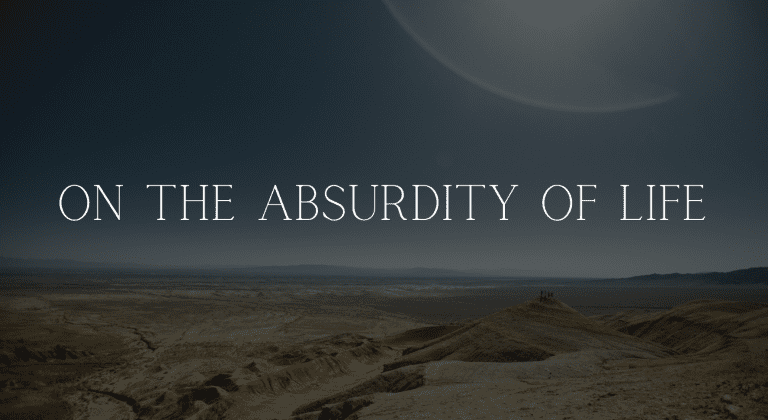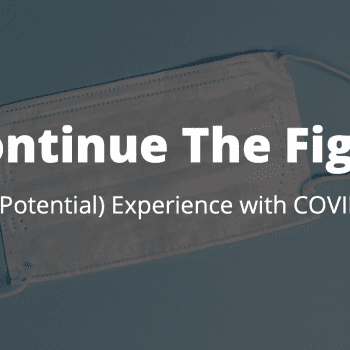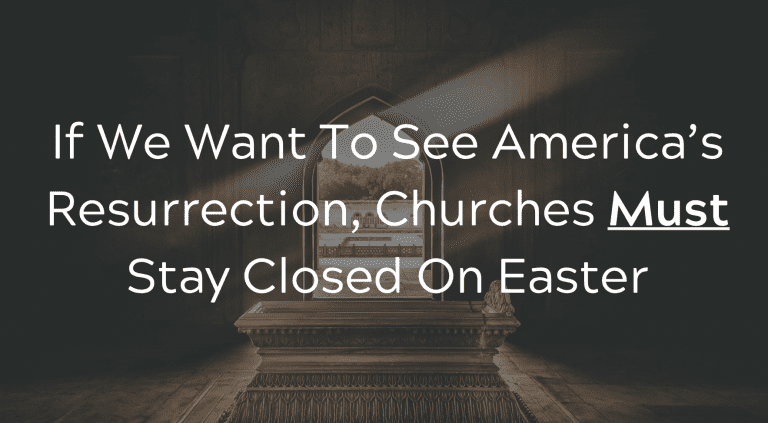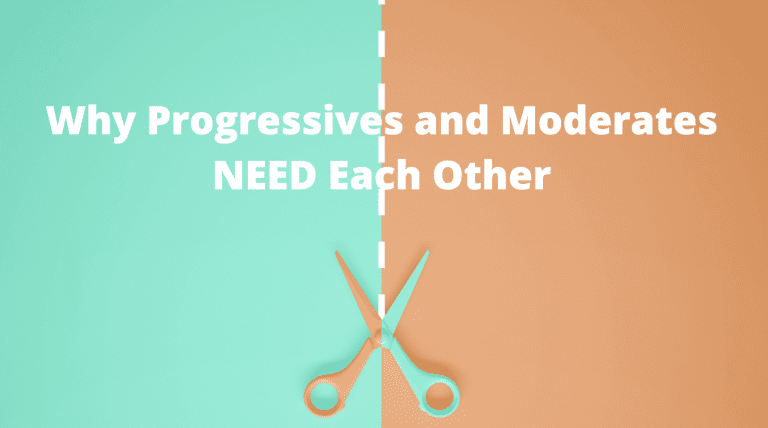Throughout my faith journey, I have found myself aligned with several very different theological parties and positions.  Inevitably as my experiences continue to change and as I learn and discover more and more about life and God, the way I view the world around me and speak about my faith is transformed. (I think they call this stage “college” or something?!) As these changes in my theological perspectives have occurred, naturally, the tribe of people I have considered myself a part of has changed as well. Over the decade of my Christian faith, I have been Fundamentalist, Baptist, Emerging, Reformed, Wesleyan, Evangelical, Emergent, Missional, Progressive, Anglican, Presbyterian, Pentecostal… just to name a few. And with each new group that I identified with, I encountered a brand new set of theological allies in my faith journey. A group of people who I resonated with. Who thought like me. Who interpreted the world through a similar lens. And naturally, anytime there is a group of humans who unite around some common cause or object, there is always an “other”… an “enemy”.
Inevitably as my experiences continue to change and as I learn and discover more and more about life and God, the way I view the world around me and speak about my faith is transformed. (I think they call this stage “college” or something?!) As these changes in my theological perspectives have occurred, naturally, the tribe of people I have considered myself a part of has changed as well. Over the decade of my Christian faith, I have been Fundamentalist, Baptist, Emerging, Reformed, Wesleyan, Evangelical, Emergent, Missional, Progressive, Anglican, Presbyterian, Pentecostal… just to name a few. And with each new group that I identified with, I encountered a brand new set of theological allies in my faith journey. A group of people who I resonated with. Who thought like me. Who interpreted the world through a similar lens. And naturally, anytime there is a group of humans who unite around some common cause or object, there is always an “other”… an “enemy”.
The reality of the “enemy” is one that I have discovered in every single camp that I have identified with- conservative and liberal, organized or disorganized. It seems that every theological tradition has those they consider harmful, heretical, and damnable. (Even when I have identified with those in the pacifist, non-violent, enemy loving tradition- even they have had a clearly defined enemy, the punching bag, the scapegoat! Nod there to Rene Girard!) And as I participated in each of these communities, I too have adopted the loathing of the “enemy”- “Those emergent church people have forsaken the Gospel and have become altogether pagan!”, “Those fundys hate woman and abuse their congregations!”, “Those liturgy-loving Anglicans have sold out to ritual and idolatry!” and so on. We all do this. We all identify those who “are out to stunt the growth of God’s Kingdom with their terrible theology.” And we unite against them. We write blogs against them. We hold conferences against them. And we desperately try to justify our loathing of “them” with Bible verses about false teachers, Pharisees, or some other out of context passage based on our interpretation of holy writ.
In a very real sense the Christian tradition has always broadly understood that there are those who were “outside of the fold”- non-Christian, false teachers etc. These people still exist today. And at some level, we do in fact have a responsibility to identify them and guard ourselves against being led down rabbit trails that keep us from the work God is calling us to. But in my personal experience, more often than not I have found that those I considered my theological enemy were actually my theological friend. Nearly every “damnable” ideology (both conservative and liberal) that I have adopted has benefited and amplified my faith in Christ tremendously. Nearly every person I have ever called “heretic” has turned out, according to the historic Christian definitions of Orthodoxy, to be quite orthodox. And the people that I just knew were demon possessed wolves ended up being some of the most loving, gracious, Christ-filled people I have ever met (again, both conservative and liberal). As I have come to recognize this trend, the Holy Spirit has truly done a convicting work in my heart. He has convicted me of the sin of tribal arrogance.
What I mean by “tribal arrogance” is quite simple: believing that you and your crew have God all figured out and deciding that anyone who holds any theology different than you is ultimately either on the slippery slope of watering down the Gospel or else have sold their souls to Satan and are out to destroy Christ’s Church. Whether your tribe uses that language or not is irrelevant. I can almost guarantee that if you think, right now, about who you consider dangerous theologians, you could come up with a comprehensive list of names and give a defense for why this tribe or this person is just so harmful. Here’s a few examples:
If you’re Reformed, your enemies are: Joel Osteen, Brian McLaren, Rob Bell, and likely, Pope Francis. Funny thing is, all of these guys are Orthodox (meaning they affirm the councils and the creeds of the Christian faith, the sure standard for what makes one a “Christian”) and all of these guys are loving, gracious and Christ-like. Hmmm?
If you’re Progressive/Emergent, your enemies are: Mark Driscoll, John Piper, John MacArthur, and Kevin DeYoung. Once again, all of these guys are Orthodox, all of these guys are incredibly loving and Christ-like in person, and all of these guys have good hearts and believe firmly that they are loving God and honoring Christ in the way they conduct themselves. Again, hmmm?
This is the part of the post where I lose some of you.
“There goes Brandan, trying to walk the middle line again. Trying to affirm [enter tribe or theologian name here], disregarding how harmful they are…”
I hear you. I hear what your saying. I understand how some of what these people or tribes may promote and teach or how some of these leaders may conduct themselves are very harmful. Some of the pastors and theologians of various tribes have done some really stupid and un-Christlike things. Some of the teaching that has come from some people who are “orthodox” is just plain sloppy. I know that many of you have been severely hurt by people on both sides of this spectrum- I know I have. I have been abused by Pastors. I have been told to affirm things and led to believe things in a very irresponsible manner. I have have scars from infighting that will likely mark me for life. So please understand, I get it! I really do.
But it’s precisely at this, often painful point that we need to stop and hear the still, small voice of God’s Spirit whispering to us:
Love covers a multitude of sins.
It’s at this moment that we need to pause and turn our gaze once again upon the beaten, bloodied Savior on the cross who looks down and says:
Father, Forgive them. For they don’t know what they’re doing.
It’s when these thoughts flood our minds that we need to stand, once again, with the disciples who are shocked, as Jesus is teaching them, by the people he associates with, loves, and ultimately affirms, even in their sinfulness:
“When one of the Pharisees invited Jesus to have dinner with him, he went to the Pharisee’s house and reclined at the table.”
“When the Pharisees saw this, they asked his disciples, “Why does your teacher eat with tax collectors and sinners?””
It is in moments like these that we must stop and reconsider the teaching and example of our common Lord- “love your neighbor”, “love your enemy”, “love yourself”… There are no “buts”. There is no excuse. No matter how hurtful we think (or KNOW) somebody’s teaching to be. No matter how painful our experience was with that group of people. We are called to love. To love. Not to slander. Not to write posts demonizing. (once again, I have been guilty of this dozens of times and will likely be guilty again!) Not to host conferences against. But to love.
Now to be clear, love doesn’t mean affirm and agree with. Love doesn’t mean promote. Love doesn’t even mean like. But it does mean to treat with respect. To honor what is honorable. To speak truthfully about. To reject the tendency to slander and gossip. To seek to understand. To hear out. And also to critique and criticize what we disagree with- but not out in the open to merely rack up ratings on our website or show, but rather in humility, seek out actual flesh and blood people who represent that tribe and tradition and posture ourselves in meekness, seeking to understand, to hear, and to learn. Not merely to correct, as if we know it all or have all of the answers.
In the few times that I have had been aware enough to take Jesus command seriously to “love” my theological enemy, I have always taken shots from the “opposing team”. If I interviewed Mark Driscoll or defended something he said or did, it was seen by my progressive friends as irresponsible, hurtful, and damaging. I had reverted to my “fundamentalist roots”. If I went to a conference with Nadia Bolz-Weber, my conservative friends thought I had sold out, aligned myself with all or most of her theology, and endorsed what she endorsed, thus making me a “heretic.” Neither accusation could be further from the truth. The truth is that in both experiences, I learned a lot, had many of my misconceptions and preconceived notions challenged, and walked away pleasantly surprised and very aware that these folks were thoroughly Christian- even though I had serious disagreements! But before I could experience such a revelation, I had to humble myself and chose to love this person, whether they turned out to truly be an enemy or not. I had to hear them out. Listen to what they had to say. And ask for the Spirits help in discerning. And most often, I have found that one I believed to be an enemy was a friend. Or better yet, a brother or sister.
That realization has never meant that I agree with all of said person or tribes theology, politics, or social stances. Far from it. Most of the time, actually, I have come away knowing, much more clearly, where my divergence was with them. But regardless of how far off I thought the tribe or person might be, by experiencing them in the flesh in a posture of love, I have always been blown away by what I have encountered. Because when we chose to love, fear is dispelled. When we chose to love, our hurts can be healed. When we chose to love, we humanize the “other” and see them as who they truly are- image bearers of God who are earnestly seeking to follow Him and proclaim truth. And when you begin to see your theological other like that, everything changes. If all of us chose to follow the Spirits calling and love our theological enemies, can you imagine the power? After all, if we believe that we do have the right perspective, then the way to make a convert certainly isn’t through condemnation. It’s to love.
Please hear my heart in writing this. I certainly don’t write this as one who has figured all of this out. I don’t meant to make this sound easy- for I would suggest that loving theological and political enemies may indeed be the most difficult (and most necessary) form of “enemy-love” needed today! But we as followers of Jesus have a great example to follow. We have the power of the enemy-loving Spirit of God indwelling us. But more than that, we have the command to love. It’s not an option for those who claim the name of Jesus. And when we begin to extend this love to our most feared theological enemies, we tap into a power that can heal our deepest divides. In the powerful words of the great Rev. Dr. Martin Luther King Jr.:
“Now there is a final reason I think that Jesus says, “Love your enemies.” It is this: that love has within it a redemptive power. And there is a power there that eventually transforms individuals. Just keep being friendly to that person. Just keep loving them, and they can’t stand it too long. Oh, they react in many ways in the beginning. They react with guilt feelings, and sometimes they’ll hate you a little more at that transition period, but just keep loving them. And by the power of your love they will break down under the load. That’s love, you see. It is redemptive, and this is why Jesus says love. There’s something about love that builds up and is creative. There is something about hate that tears down and is destructive. So love your enemies. (from “Loving Your Enemies”)”
― Martin Luther King Jr., A Knock at Midnight: Inspiration from the Great Sermons of Reverend Martin Luther King, Jr.
Much love to you all!











